Search
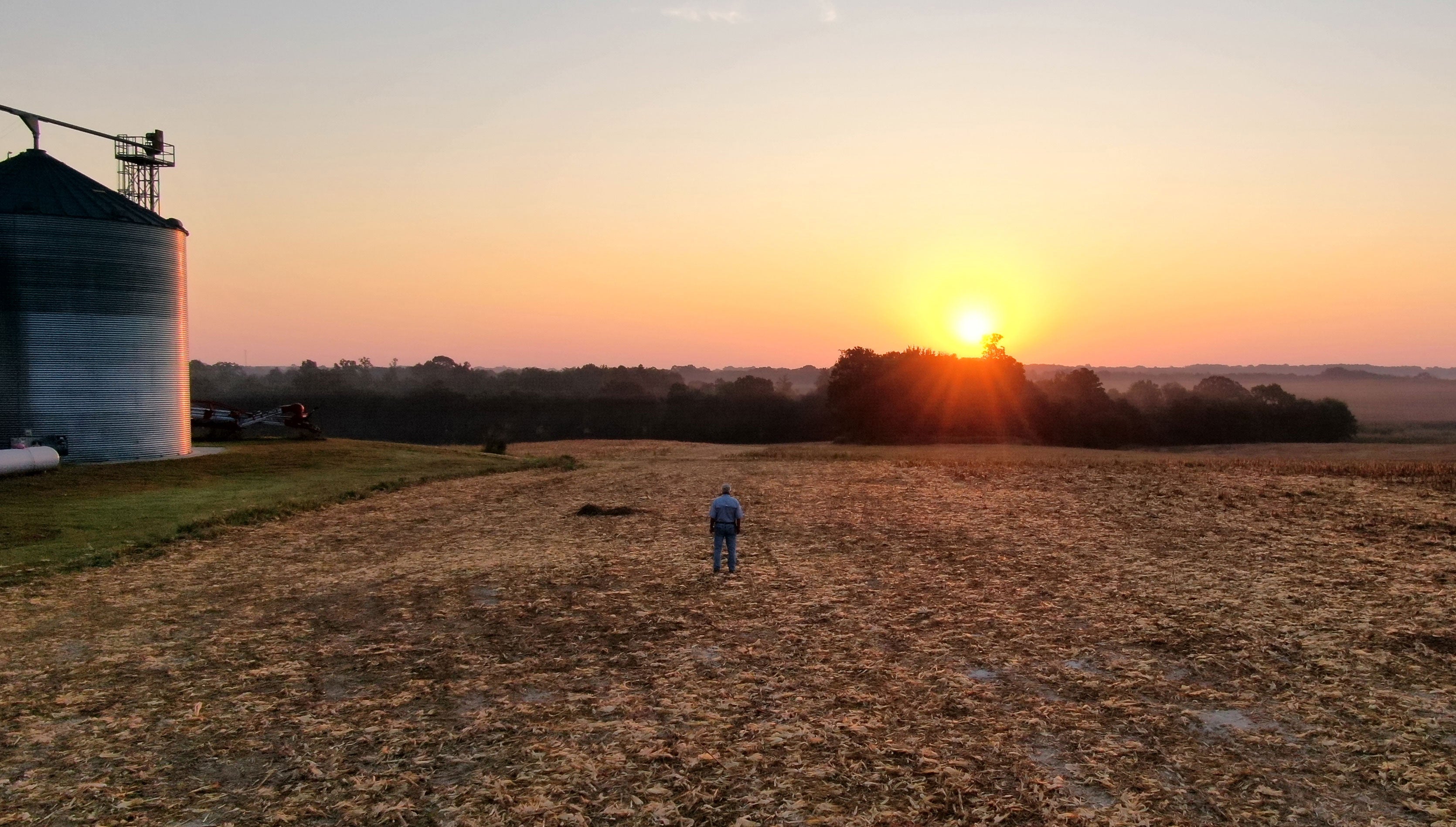
Crop Tolerance to Soil Herbicide Residual
Some herbicides can persist in soil, especially dry soil. Herbicide carryover could be an issue in 2021 across the state depending upon last year’s moisture levels and field conditions.
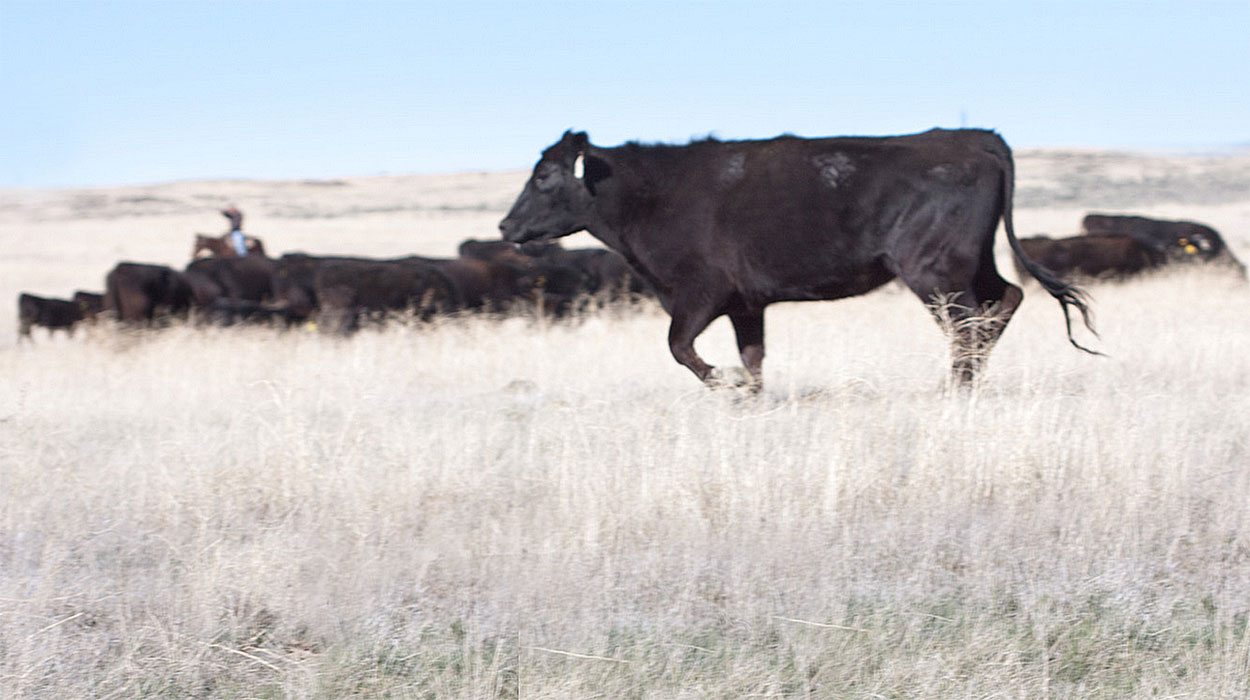
Trigger Dates: Critical Decisions for Drought Management
Having a drought plan in place ensures that you can overcome the inhibitions surrounding a drought response, the basis of which is figuring out trigger dates.
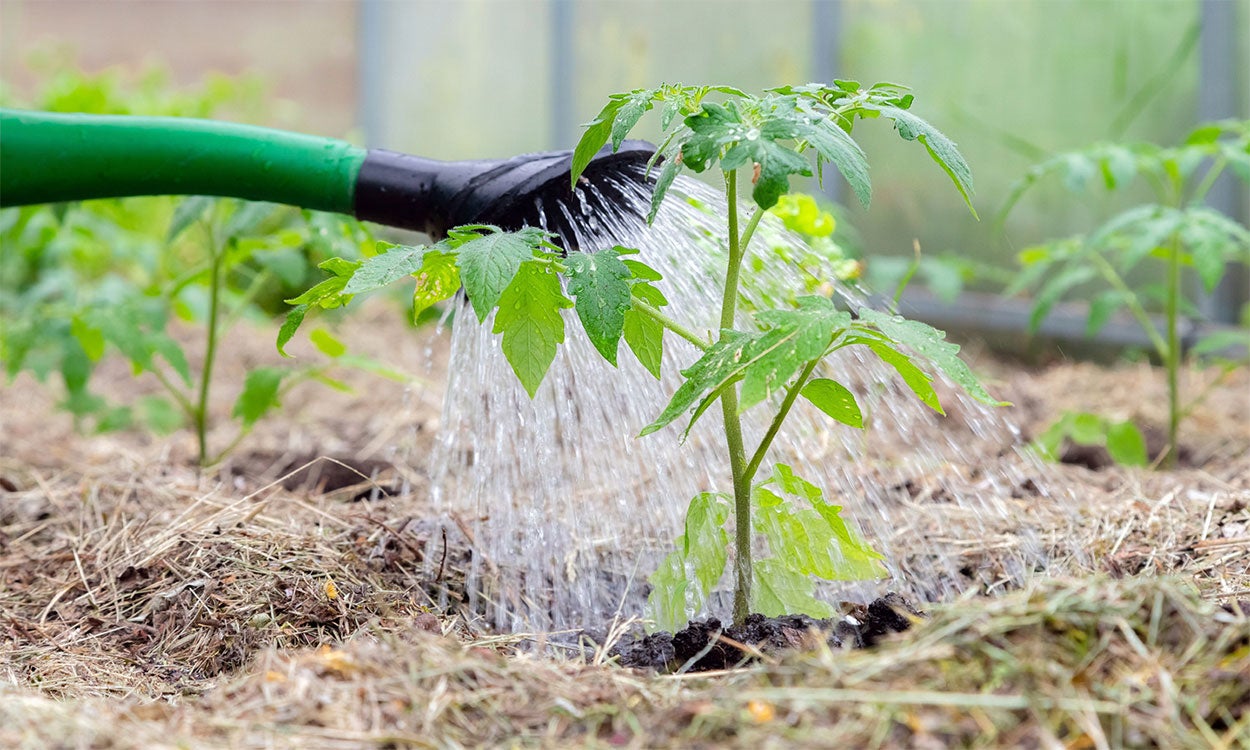
Weed Control in No-Till Gardens
Mulch is the key to successful weed control in no-till gardening. It is best to start a no-till garden in the fall to give applied mulch the time to breakdown and suppress any weed growth.
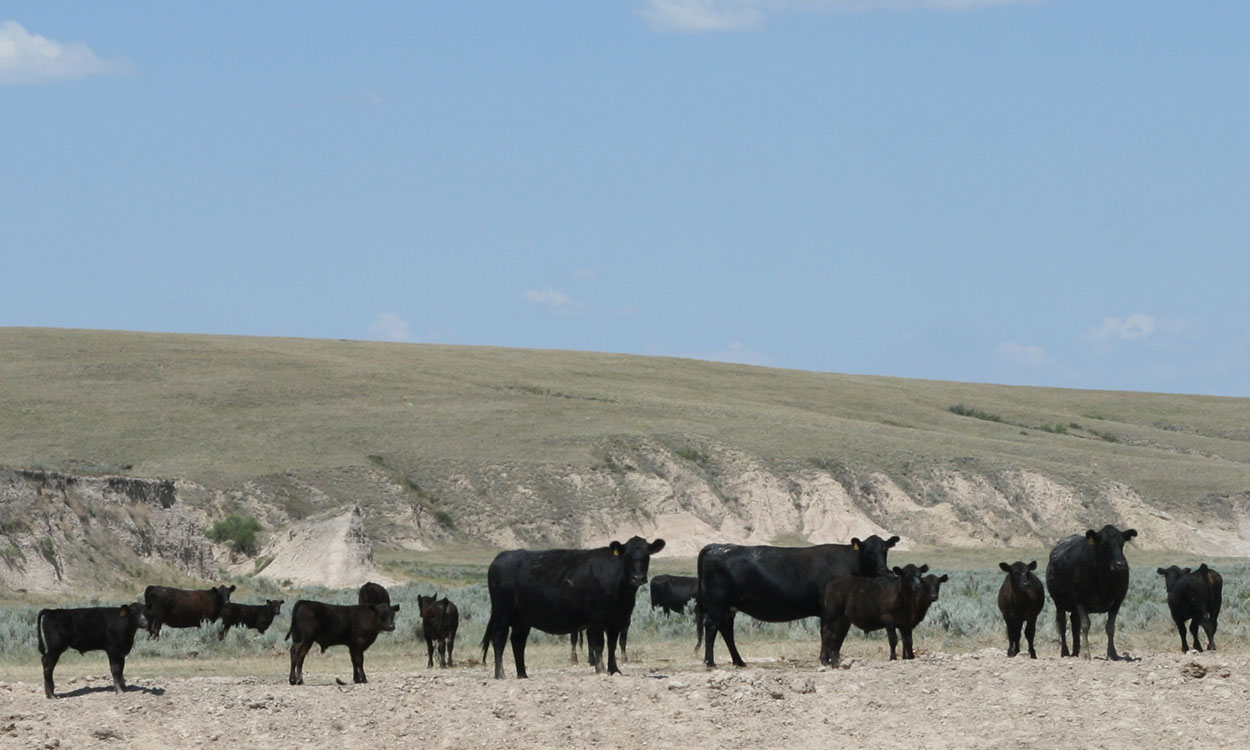
Adaptive Management: One Strategy To Increase Your Operation’s Flexibility and Resiliency
Adaptive management is a strategy that livestock producers can use to manage year-to-year variability in forage production and build drought resiliency for their operations.
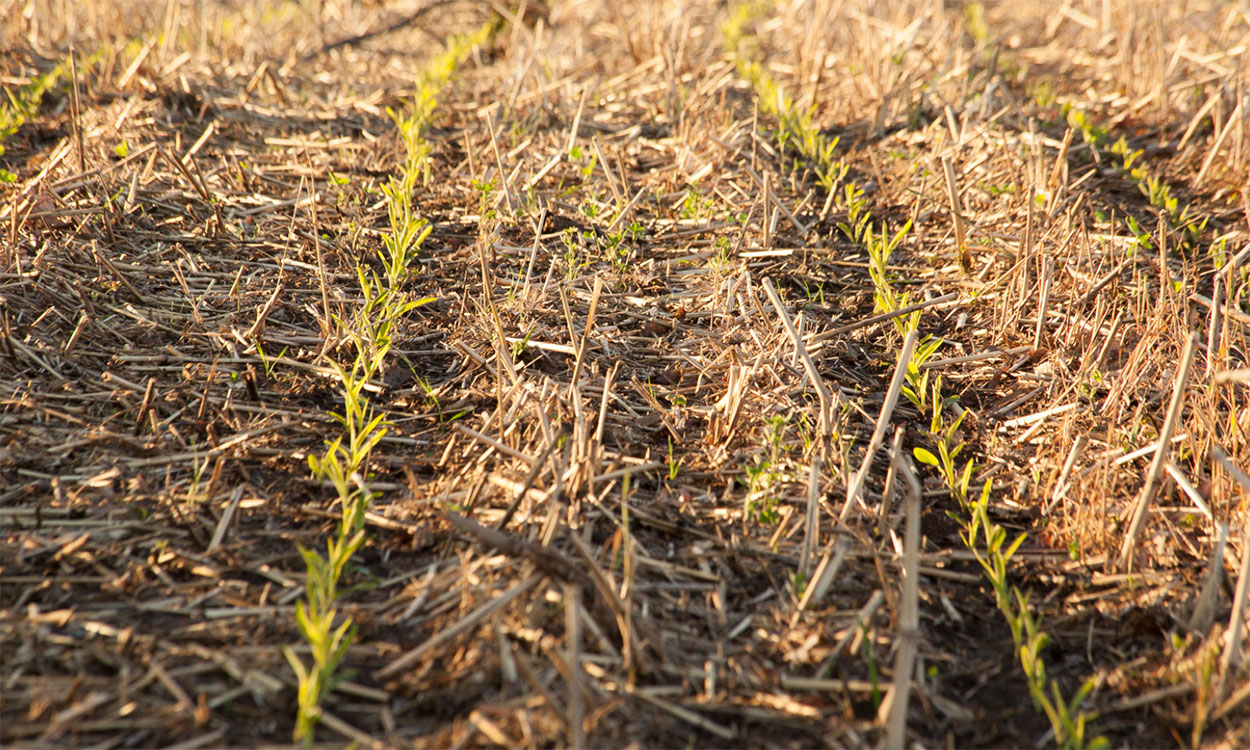
Corn Planting Populations: A Deeper Dive
Corn is grown all across South Dakota, and the optimal target population varies depending on location. In a nutshell, there is a lot more to seeding population selection than what meets the eye.
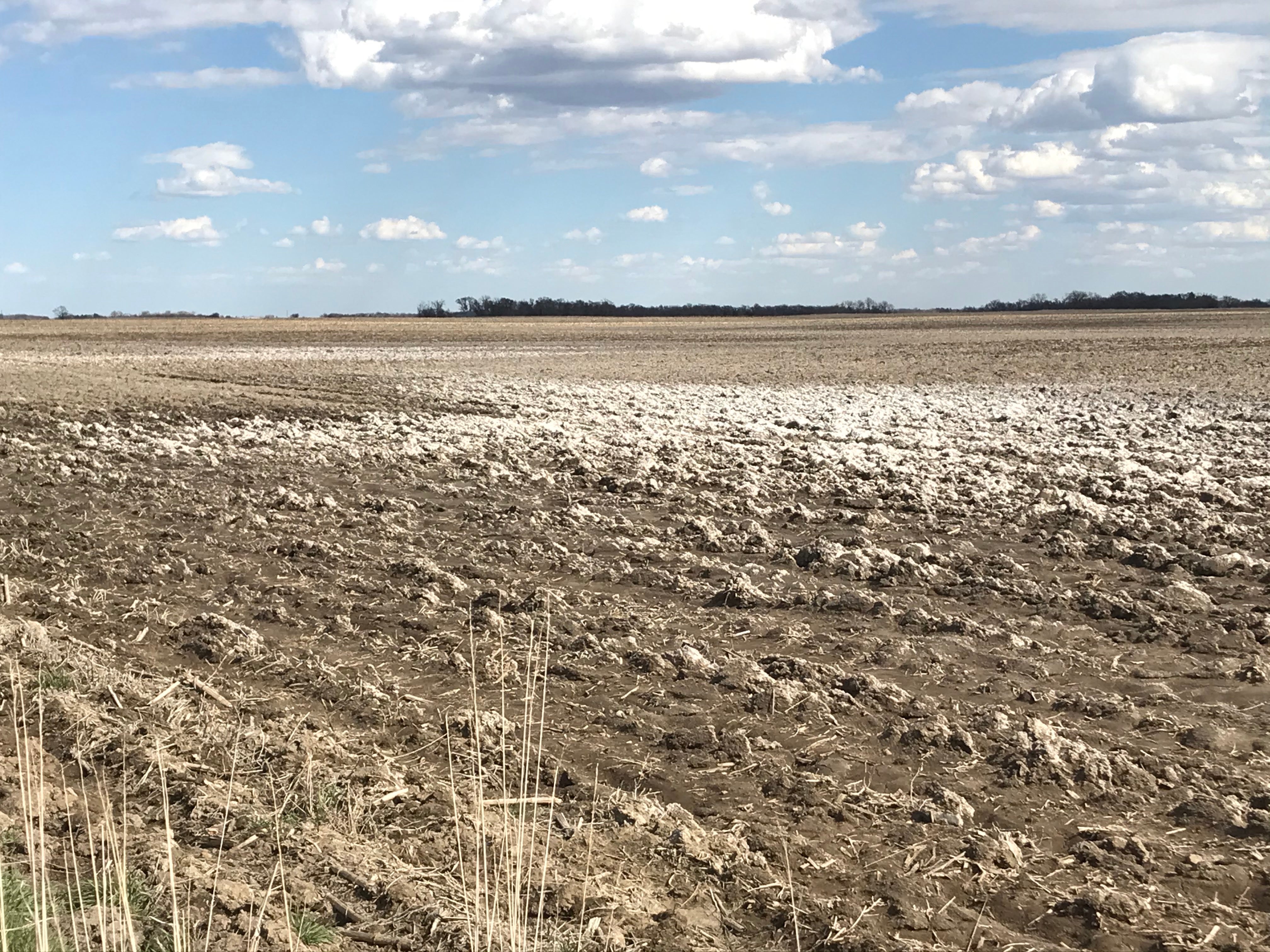
Revegetation of Salt-Impacted Soils in South Dakota
This publication provides suggested native species suitable for the revegetation of salt-impacted soils. The suggested species are listed as native to South Dakota according to the USDA NRCS Plants Database.
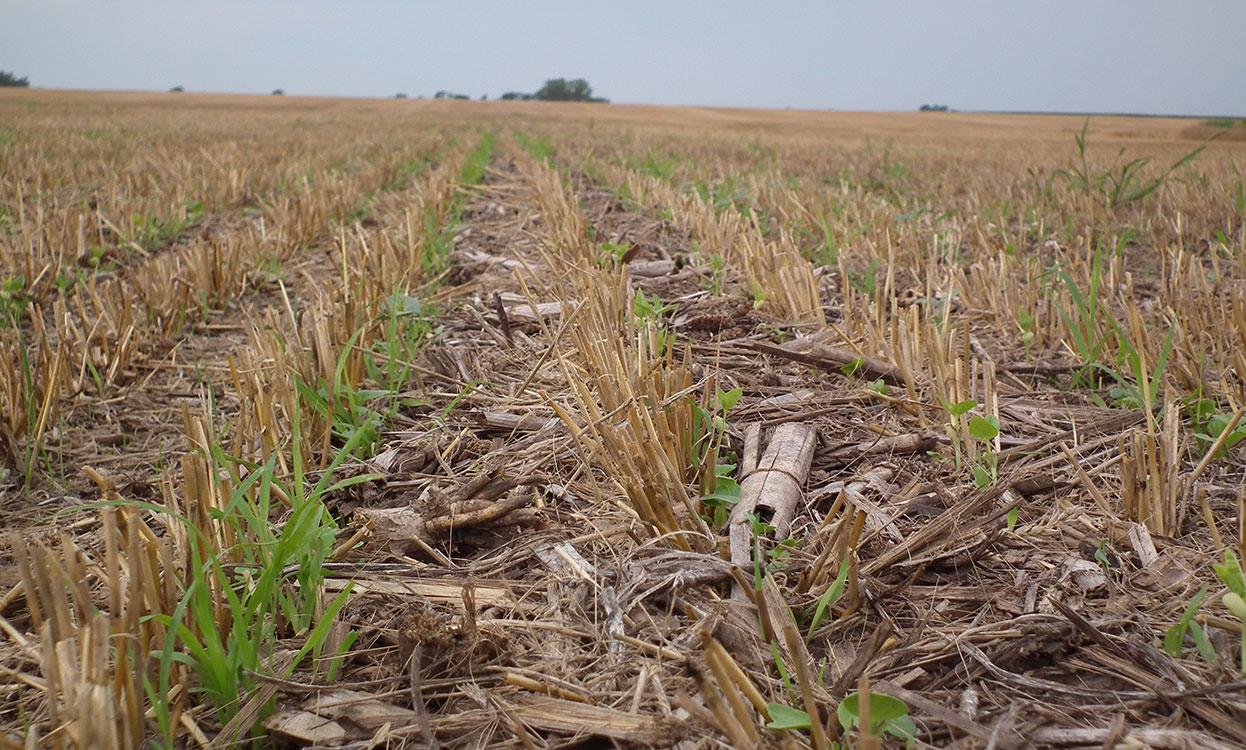
Soil Organic Matter Matters: How Conservation Practices Bring Value to Farmers
Conservation management practices, such as conservation tillage, cover crops, diverse crop rotation and livestock integration, help improve soil health over time and offer producers numerous economic benefits.
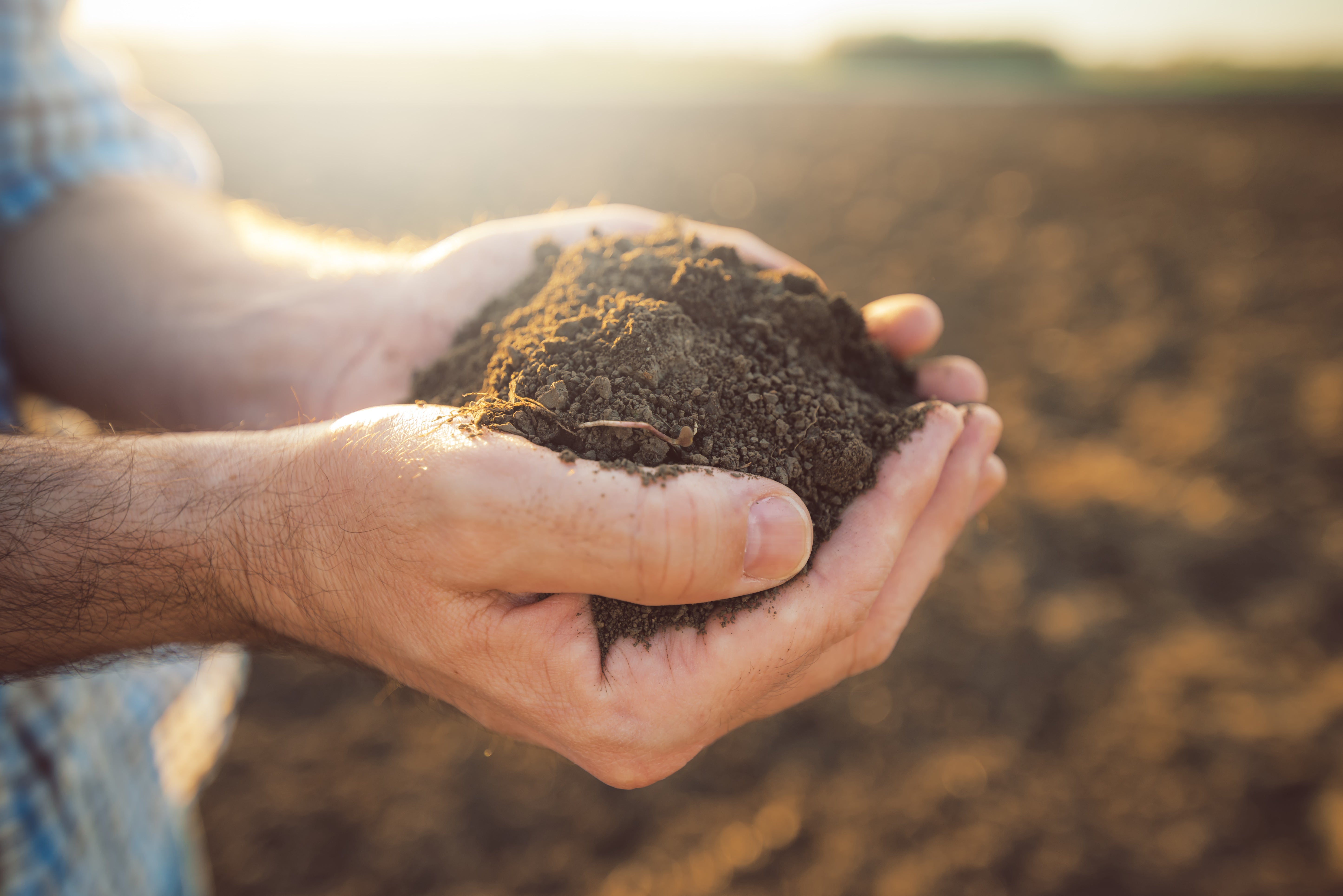
X-Ray Scanning Confirms Soil Health Benefits from Conservation Practices
Summary report of X-ray scanning confirms soil health benefits from conservation practices.

Ruth Beck to Retire from SDSU Extension Agronomy Team
October 12, 2021
After 17 years providing education and service to South Dakota growers and agribusiness professionals, SDSU Extension Agronomy Field Specialist Ruth Beck has announced her retirement.
SDSU Extension to Host Final Pesticide Education Opportunity
March 31, 2021
As opportunities to obtain 2021 Private Applicator Certification in South Dakota wind down, SDSU Extension is offering a final online pesticide education course Thursday, April 8 from 6–9 p.m. CST.